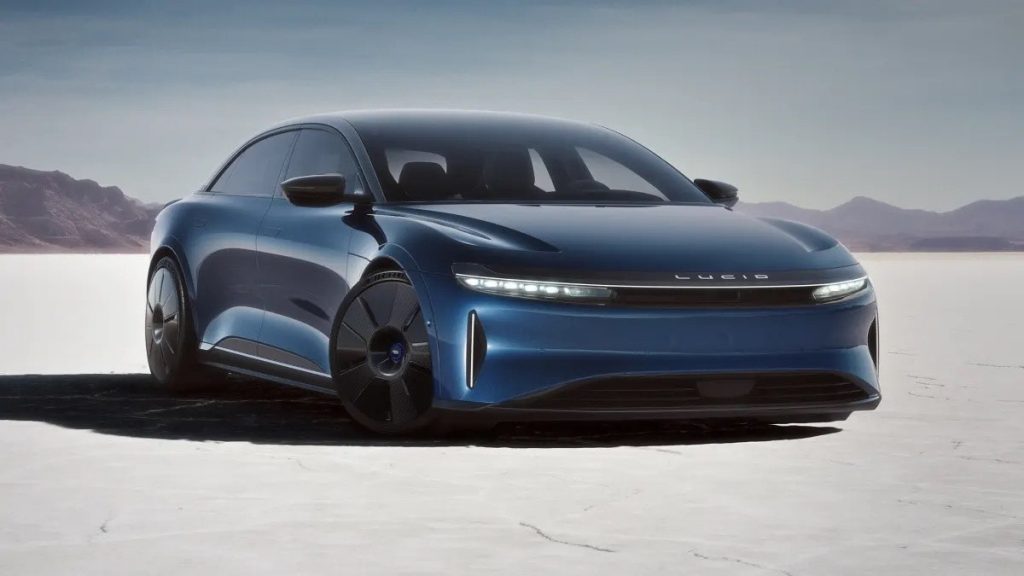As the world shifts towards sustainable energy, electric cars have become increasingly popular. With their eco-friendly features and low operating costs, electric cars are seen as the future of transportation. However, many people are still skeptical about the reliability of electric cars, especially when it comes to mechanical problems. In this article, we will explore the question of whether electric cars have mechanical problems and provide some insights into the topic.
Firstly, it is important to note that electric cars have fewer mechanical parts than traditional gasoline-powered cars. This means that there are fewer components that can break down or malfunction. For example, electric cars do not have a transmission, which is a common source of mechanical problems in gasoline-powered cars. Additionally, electric cars have fewer moving parts, which means that there is less wear and tear on the vehicle over time.
However, this does not mean that electric cars are immune to mechanical problems. Like any vehicle, electric cars can experience issues with their brakes, suspension, and steering systems. Additionally, electric cars have complex battery systems that can be prone to failure if not properly maintained. Battery problems can lead to reduced range, slower charging times, and even complete battery failure.
Another potential issue with electric cars is their reliance on software and electronics. Electric cars have sophisticated computer systems that control everything from the battery to the motor. If these systems fail, it can be difficult and expensive to repair them. Additionally, software updates and compatibility issues can cause problems for electric car owners.
Despite these potential issues, electric cars are generally considered to be more reliable than gasoline-powered cars. According to a study by Consumer Reports, electric cars have fewer problems than gasoline-powered cars on average. This is due in part to the simpler design of electric cars and the fact that they have fewer moving parts.
In conclusion, while electric cars are generally considered to be more reliable than gasoline-powered cars, they are not immune to mechanical problems. Electric cars have fewer mechanical parts than traditional cars, which means that there are fewer components that can break down or malfunction. However, electric cars have complex battery systems and rely heavily on software and electronics, which can be prone to failure. As with any vehicle, proper maintenance and care are essential to ensure that an electric car runs smoothly and reliably.



More Stories
How Cat7a S/FTP Network Cables Enhance Connectivity and Performance
How to Fix iPhone Green Screen and Flickering: A JK OLED Replacement Skill Guide by Kelai
Why Chiwei 300Mbps Fixed Wireless Access (FWA) Devices Outperform Standard Hotspots in Rural Areas